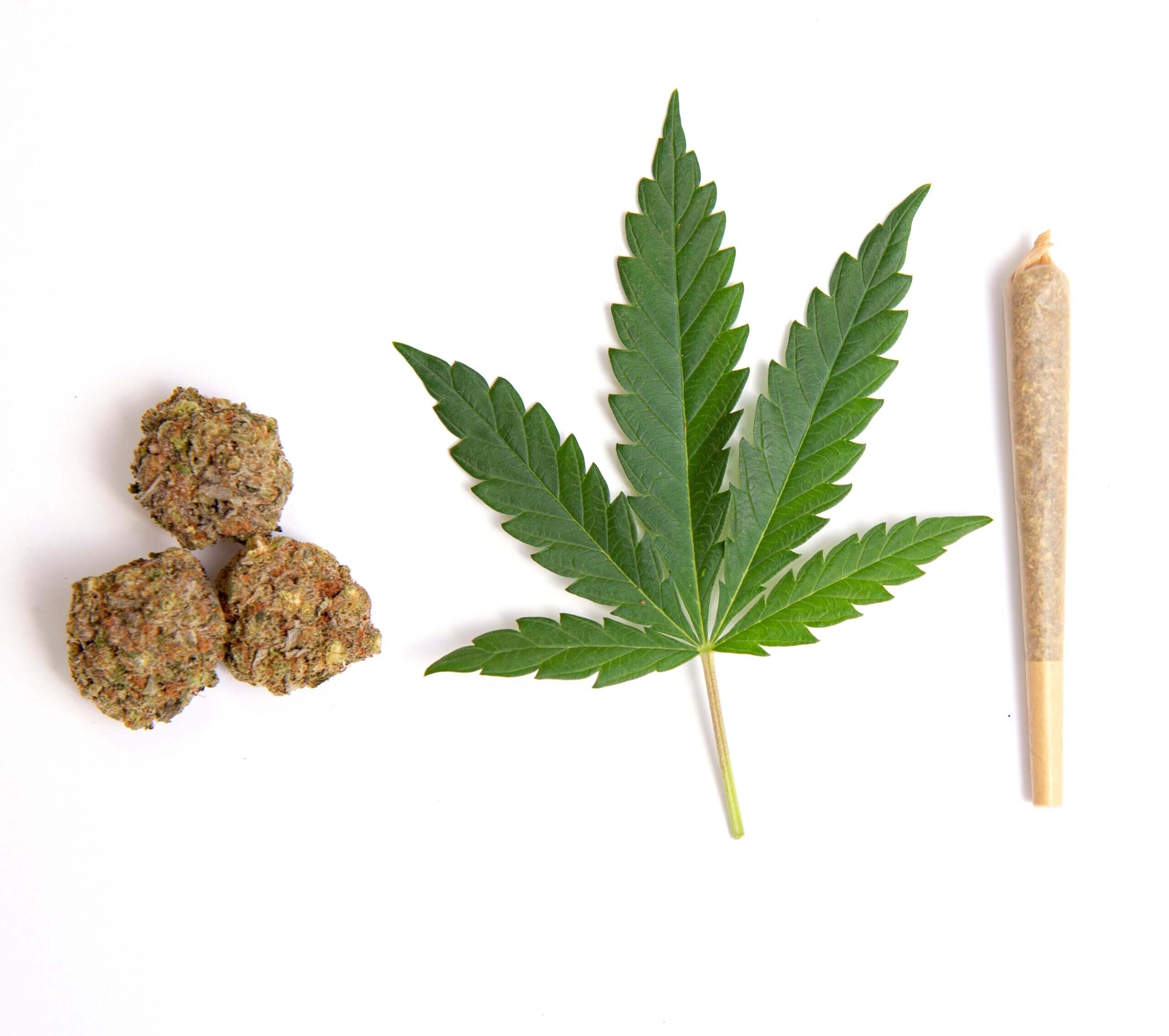Cannabis comes from the cannabis plant.
Cannabis is used by people for many reasons including: to relax, feel high, for medical purposes and to help manage mental health symptoms. Cannabis can be consumed in a variety of ways, such as:
- inhaled (smoked)
- swallowed (in food and drinks)
- placed under the tongue (strips and sprays)
- applied to the skin (oils and creams)
Safety tips
If you’re using cannabis to manage your stress, anxiety, depression or other mental health symptoms, the best choice is to seek other supports. Talk to your health care provider.
If you do not have a health care provider, Family Doctor Finder can help. Also, see our information on Well-Being and Mental Health.
Even though cannabis is legal in Manitoba, there is no amount that is safe during fertility planning, pregnancy and breastfeeding/chestfeeding.
Cannabis use affects health, learning, relationships, children and parenting.
Cannabis and Sperm
Cannabis has been shown to reduce the number and quality of sperm, which can make it more difficult for a couple to become pregnant.
Cannabis and Pregnancy
Cannabis use in all forms, such as Delta-9-tetrahydrocannabinol (THC) and Cannabidiol (CBD) may affect the way your unborn baby’s brain develops. This can result in mental illness, learning and behavioral problems. Some of the effects, such as poor impulse control and hyperactivity, can last into adulthood.
Like tobacco, smoking cannabis reduces the supply of oxygen and nutrients to your unborn baby. This can result in slower growth of your unborn baby, premature birth and a lower birth weight.
Safety tips
Because there is no known safe amount cannabis in pregnancy, it is best to avoid it completely.
If you choose to use cannabis despite the risks, use as little as possible.
Cannabis and Morning Sickness
Some pregnant persons use cannabis to treat morning sickness. There is no evidence that cannabis is useful for morning sickness. Ask your health care provider to help you find the best option for safer treatments. Also check out our article for tips on coping with morning sickness.
Cannabis and Breastfeeding/Chestfeeding
When you use cannabis, the psychoactive chemical called THC is stored in your fat cells (like your brain and breast tissue/chest tissue). When your baby breastfeeds/chestfeeds, THC is passed through your breastmilk/chestmilk and enters your baby’s brain and body, where it can remain for weeks. When a baby is exposed to cannabis through breastmilk/chestmilk, the effects are similar to when a baby is exposed during pregnancy. The baby may have sleep problems, be fussier and startle easily. As the baby grows, they may have problems with memory, reasoning, focusing and be easily distracted.
The healthiest choice for your baby is to breastfeed/chestfeed and avoid cannabis use. For more information on breast/chestfeeding your baby click here.
If you choose to use cannabis while breastfeeding/chestfeeding despite the risks, use as little as possible.


